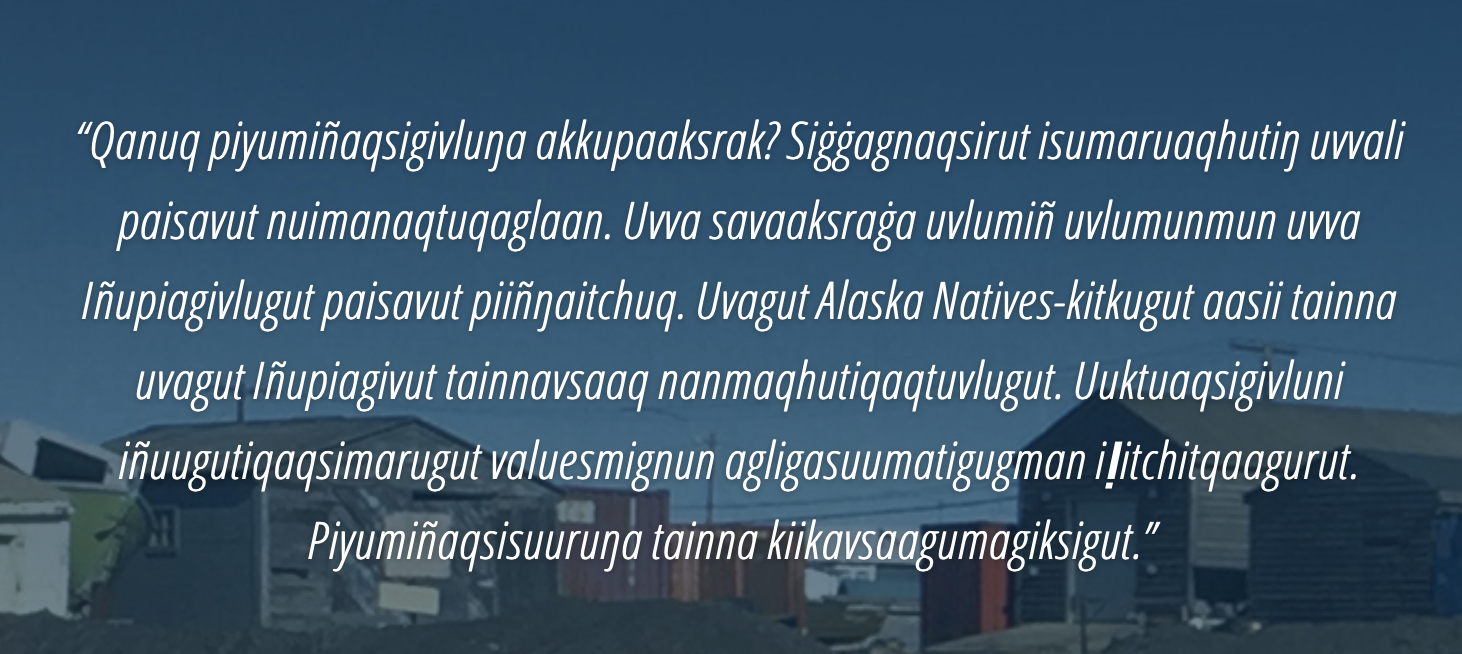Storytelling
Storytelling has a variety of roles in families, communities, and cultures. Storytelling allows generations to share moral, spiritual, and environmental knowledge, to support roles and relationships in the community, and to pass on individual and community histories and ways of surviving. Storytelling grounds knowledge in place and language. Stories have unique power to reveal truths about everyday life or history, and can inspire social or political activism. Ideally storytelling allows reciprocal and respectful relationships to develop between the listener and storyteller. Importantly, stories and storytelling acknowledge, accept, and value ways in which individuals and cultures are unique.
The preference for written knowledge over oral traditions was a major force in colonization that devalued storytelling. Western educational systems and missionary activity perpetuated the loss of history, ways of knowing, and ways of learning that were preserved through storytelling. Valuing storytelling as a method for learning and knowing can have a decolonizing effect. Storytelling as a method within research projects can promote more meaningful and relevant outcomes for people in communities.












